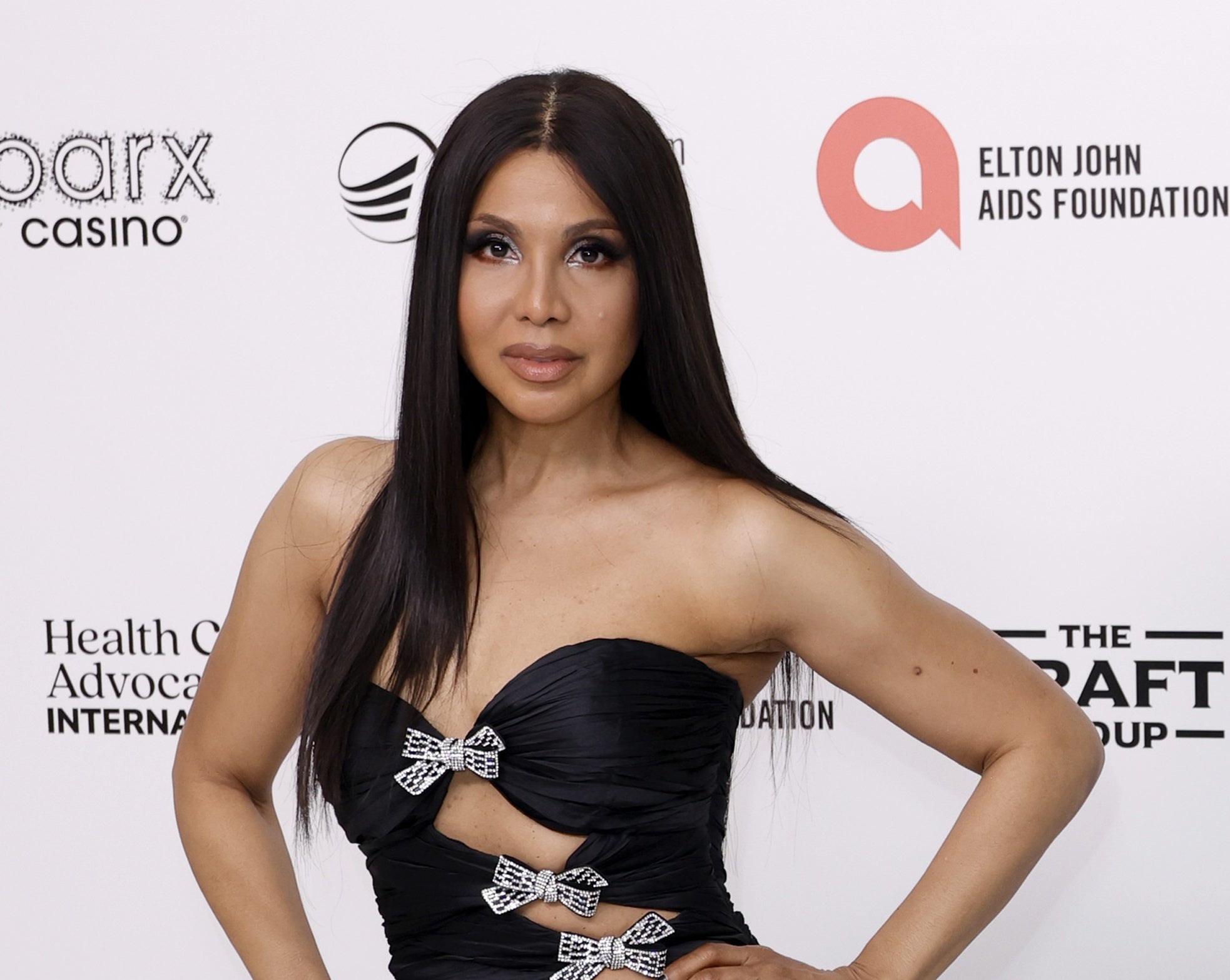Music superstar Toni Braxton has been very open about her battle with lupus. Whether it’s discussing the effects of the autoimmune disease, or letting cameras show her symptoms on “Braxton Family Values,” she hasn’t shied away from informing the public about the chronic illness.
However, her honesty wasn’t always appreciated by her management team. On a recent episode of the “SHE MD” podcast, the singer/actress revealed that she was told to not publicly disclose her lupus diagnosis.
Suggested Reading
“People get scared around sick celebrities,” Braxton said. “And I couldn’t get insured. You would not get work, because the second I was told I had it, I didn’t get work at first. No one wanted to put me on a stage. ‘Well, suppose she collapsed on stage, and the insurance, how are we going to do that?’ And so I couldn’t, at first I did not work.”
Lupus is an autoimmune disease where the immune system attacks healthy tissue and organs. Symptoms vary from case to case, but include fatigue, fevers, joint pain and swelling, rashes and chest pain. Because these issues can be caused by other illnesses, lupus is often hard to diagnose. Patients often see several doctors over the course of several years before receiving a clear diagnosis.
Braxton appeared alongside her rheumatologist, Dr. Daniel Wallace, who is also one of the world’s foremost lupus experts. He explained that it “takes an average of three and a half years for someone with non-organ threatening lupus to be diagnosed and an average of four different doctors.”
Wallace also revealed that there are 200,000 lupus patients; of those, one third are Black women. When all this information is combined with the history of medical racism Black women have faced, it’s a miracle that anyone is properly diagnosed.
“It took me 10 years to get a diagnosis,” she said. “I felt like a hypochondriac. Like I’m just telling people, ‘I don’t feel well,’ and no one’s listening. And lupus doesn’t have a look to it — not to say that other things do, but we always try to fake that we’re feeling great or we don’t want to worry anyone. As mothers and women, we tend to do that anyway.”
Braxton’s openness has helped other Black women recognize their own medical issues and fight to get the proper treatment. Doctors don’t always listen to us when we describe our symptoms, so it’s important to have high-profile voices to help inform and advocate for us.
Straight From 
Sign up for our free daily newsletter.


